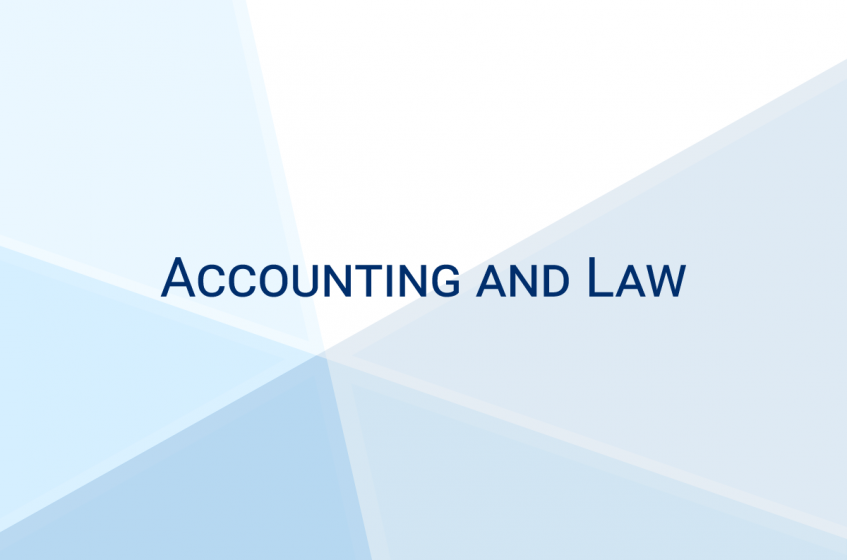
“How Much Value Does Accounting Imprecision Enhance?” by Miss Ying Liang
Ph.D. Candidate in Accounting
Baruch College
City University of New York (CUNY)
Prior research suggests that more precise accounting does not necessarily improve investment efficiency in the presence of real effect (Kanodia and Sapra, 2016). However, with investment efficiency largely unobservable, it has been difficult to empirically assess the theory. This paper develops an empirical framework based on Kanodia, Singh, and Spero (2005) in which there is information asymmetry about profitability and investment. I show that, on average, a price-maximizing firm over-invests relative to the first-best full-information benchmark. Contrary to the conventional expectation that better information increases welfare, I show that a completely precise measurement of investment would lead to an over-investment of 28.6% for capital expenditures and 4.9% for R&D. In counterfactual analyses, I measure the ideal level of imprecision and show that first-best investment efficiency can be achieved by reducing the current precision of investment in capital expenditures by 6%, which increases investor welfare by 4.2%, and reducing the precision of R&D expenditures by 20%, which increases investor welfare by 22%. My study is among the first to provide a quantitative assessment of real effects and presents early evidence that demonstrates potential negative effects of excessive precision in accounting.







